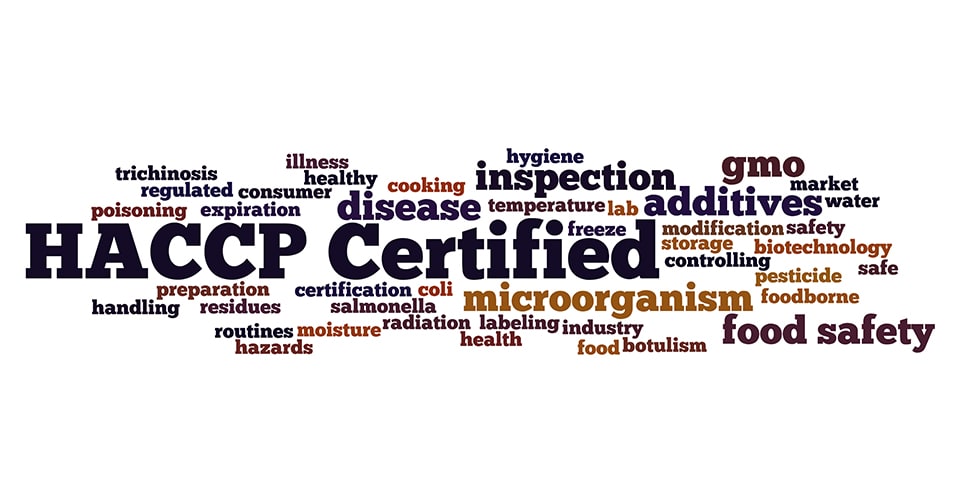
For many food businesses, their HACCP based food safety management systems were probably documented some time ago and may not have been reviewed since. As the legal requirement is to regularly and review food safety procedures to ensure they are current and up to date, many may not reflect the current business operation.
Recent new guidance relevant to the UK food industry will mean making changes to food safety procedures, including the Catering Industry Guide to Good Practice and the Food Standards Agency’s Listeriosis Guidance, which focuses on reducing the risk of vulnerable groups contracting listeriosis. Over the coming year the industry can expect further new guidance relating to eggs and acrylamide, the carcinogenic chemical that can be formed in starchy foods cooked at high temperatures.
Food safety management systems must be in line with current legislation and industry best practice. With new allergen requirements introduced in December 2014 stemming from the Food Information for Consumers Regulations, catering operations that have not included allergens within their HACCP or separate allergen management policy will be behind the curve and could leave themselves particularly exposed. Now is a good time to review procedures, and refine where necessary in order to make them more comprehensive, practical and streamlined.
Reviewing procedures
When modifying menus, methods of preparation or any other steps in the operation of the business, you should always review procedures. Written HACCP plans must be reviewed for accuracy, confirming that they summarise current operations and practices. This will include reviewing flow charts to ensure they accurately represent the operation from start to finish as well as new menu items and ingredients may have hazards associated with them. These should be included as some may require different controls, such as the introduction of processes when using sous vide.
Any new equipment the business may be using needs to be incorporated into the HACCP plan, e.g. blast chillers, water baths, mixers and vacuum packers. Physically walking through the catering areas and taking inventory will ensure all relevant equipment is included thereby enabling the operator to make modifications to the HACCP plan where necessary.
A periodic review of procedures is a good opportunity to consult with key personnel and streamline any aspects you can in order to to save time. A review of the food safety management system provides the change to amend temperature monitoring forms, making them more efficient, clearer and easier to complete.
If and when an incident arises within the food business, operators should update the food safety management system to avoid future recurrence. Incidents could include food complaints, allegations of food poisoning, product recalls or customer complaints. Audit and/or inspection findings and results of any food or environmental swab sampling are also useful sources of information and can help show whether your food safety system/HACCP is effective. If such incidents have not been considered during the year, then the start of the New Year provides the perfect opportunity to review and reflect back on incidents that may have occurred during the year in the context of the food safety system.
Taking action now will not only help operators run better food businesses but could also prevent the occurrence of a catastrophic situation which could jeopardise the entire operation whilst putting customers at risk. You could complete this review internally, however involving the expertise of a third party will help ensure that the documentation is comprehensive, robust and impartial. Further advice and assistance is available from your EHO or an independent food safety and health & safety organisation like STS.
For more information visit sts-solutions.co.uk
Fiona Sullivan
